Member Directory,
1847 - 1922
Othniel C. Marsh
Paleontologist
Centurion, 1876–1899
Clarence King and Henry Holt
Lockport, New York
New Haven, Connecticut
Age forty-four
New Haven, Connecticut
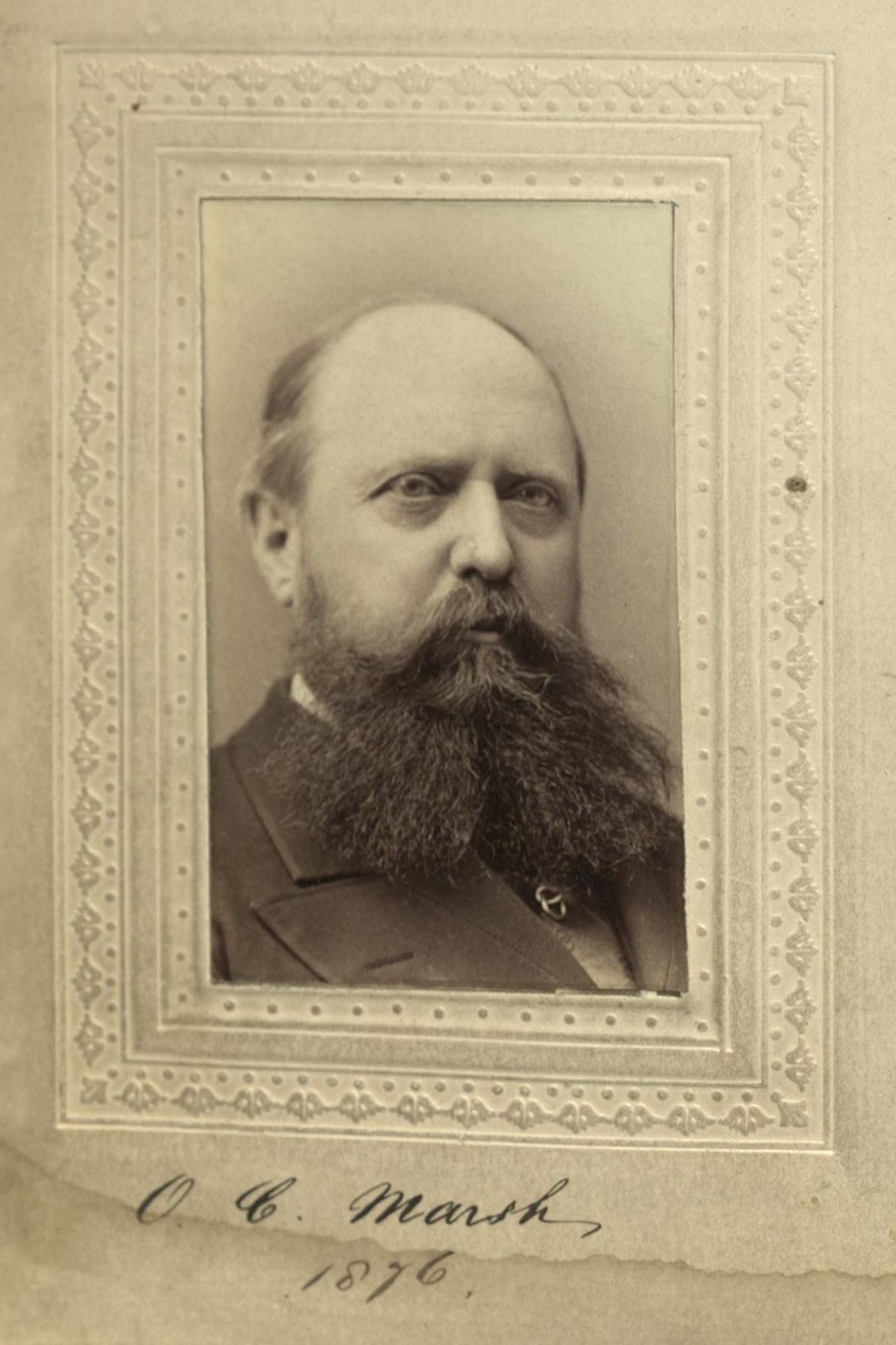
Century Memorial
The world lost one of the greatest scientists of this or any other age when Professor Othniel C. Marsh laid down his life’s work and entered into his rest. No eulogy within the limits permitted here can do him justice. His reputation, by reason of his marvellous achievements and his literary contributions on the subjects of his studies, was worldwide and brought him recognition and honors from all over the globe. Throughout his whole life he devoted himself with indefatigable energy to the discovery and investigation of extinct vertebrate animals, especially of those which he collected in the Rocky Mountain region in scientific explorations organized and led by himself. He crossed those ranges twenty-seven times, penetrating regions never visited by white men, often requiring the protection of United States troops against hostile savages, encountering much danger and enduring great sufferings and hardships. In the course of these explorations he brought to light remains of hundreds of new species of extinct vertebrates of the highest possible scientific value, wholly new to science, along with a new class of birds with teeth, the first known American pterodactyls; two new orders of large mammals, of elephantine bulk, bearing on their scales two or more pairs of horn cores; the eohippus, orohippus and epihippus, the earliest known ancestors of the horse; the first monkeys, bats and marsupials ever found in this country; and new families of dinosaurs, the largest land animals ever discovered. This magnificent collection, unequalled in the world, together with his collection of minerals and Central American antiquities, collected and purchased by him (all of priceless value), he gave with loving generosity to Yale University, his Alma Mater, to adorn the Peabody Museum, the gift of his uncle, George Peabody. He had spent his whole life and a greater part of his fortune in its accumulation, and all of it, with the remainder of his fortune, he bequeathed to the University. As was well said by a great French savant, “No king could have made such a gift.”
He exposed with undaunted courage the frauds of the Interior Department upon the Indians, secured redress for their wrongs, and drove the guilty officials from office in disgrace.
All who knew him loved him for his simplicity and extraordinary force of character, and his almost boyish sprightliness, which led him to attend football games, boat races, and all the athletic contests, into which he entered with youthful enthusiasm. He sympathized with everything good and strong. His was absolutely a pure and noble life. He hated hypocrisy and was himself proud, though modest, self-reliant and fearless. He was a charming companion, with a lively flow of humor and most entertaining talk—
“Of manners gentle, of affections mild,
In wit a man, simplicity a child.”
He loved beautiful things in art and nature, surrounded himself with them, lived in an atmosphere of youth, hope and joy, with little of earth about it, and has left a memory that will never die in the hearts of those who knew and loved him.
Henry E. Howland
1900 Century Association Yearbook
Related Members
Member Directory Home-
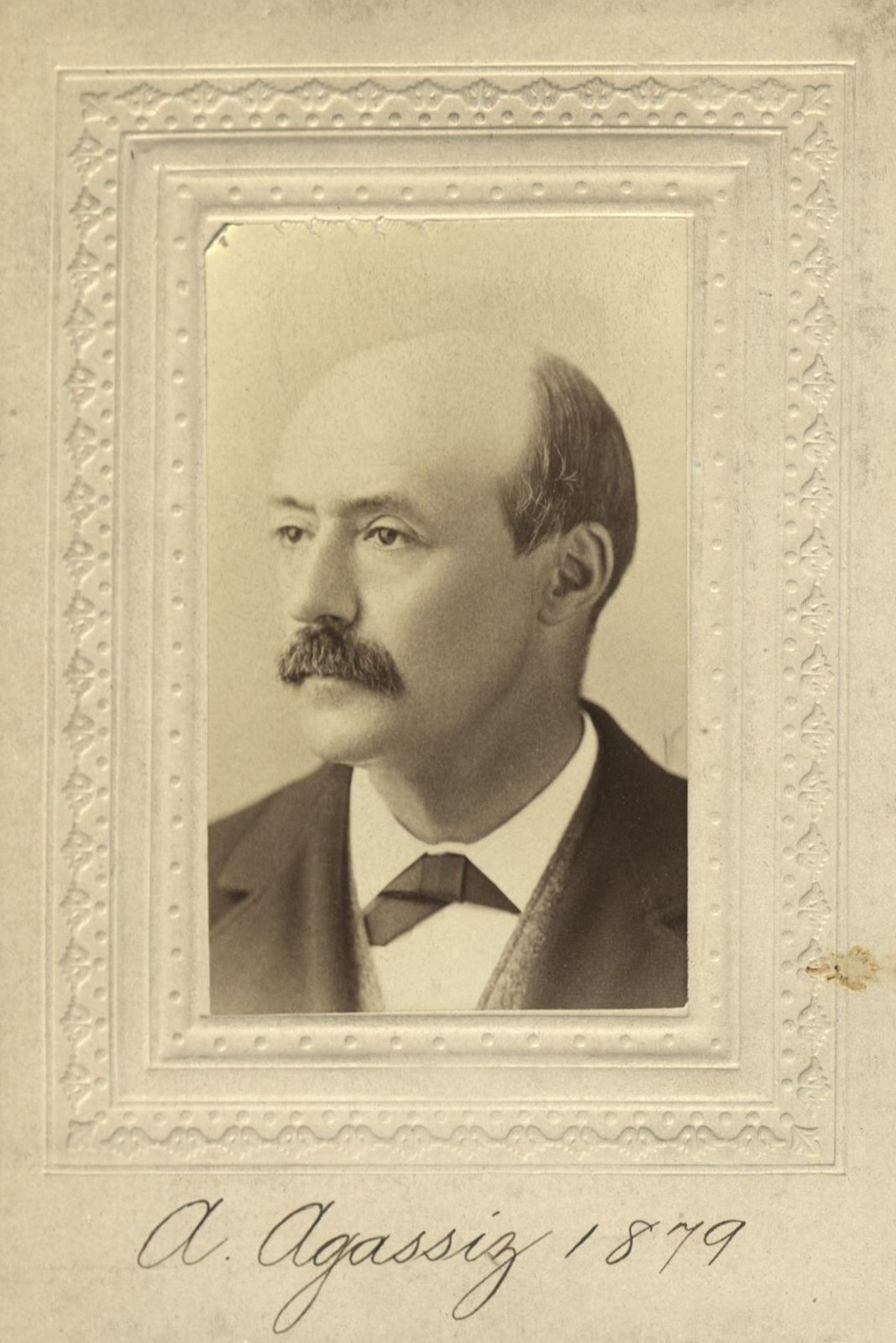 Alexander AgassizZoologist/Mining EngineerCenturion, 1879–1910
Alexander AgassizZoologist/Mining EngineerCenturion, 1879–1910 -
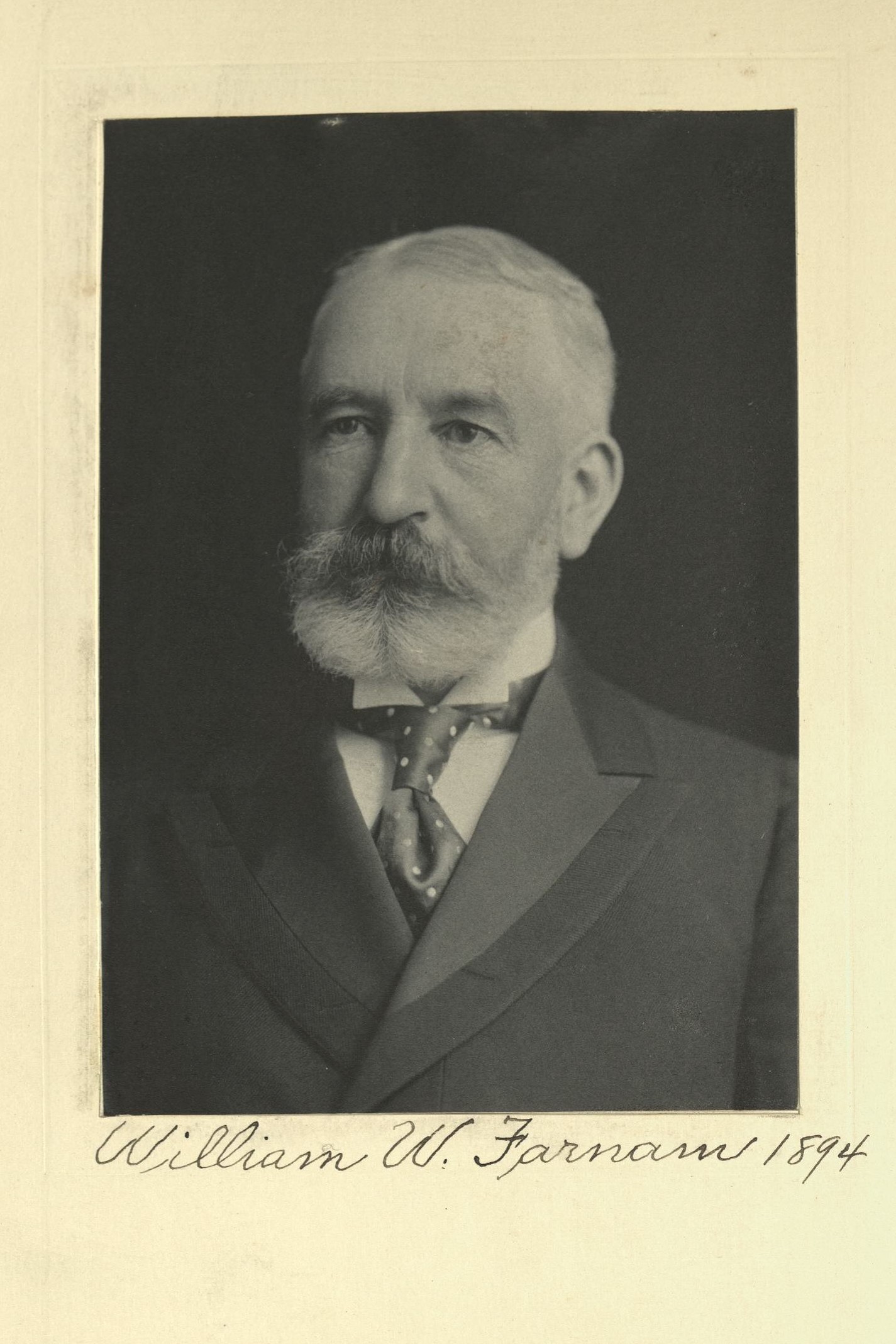 William W. FarnamTreasurer, Yale UniversityCenturion, 1894–1929
William W. FarnamTreasurer, Yale UniversityCenturion, 1894–1929 -
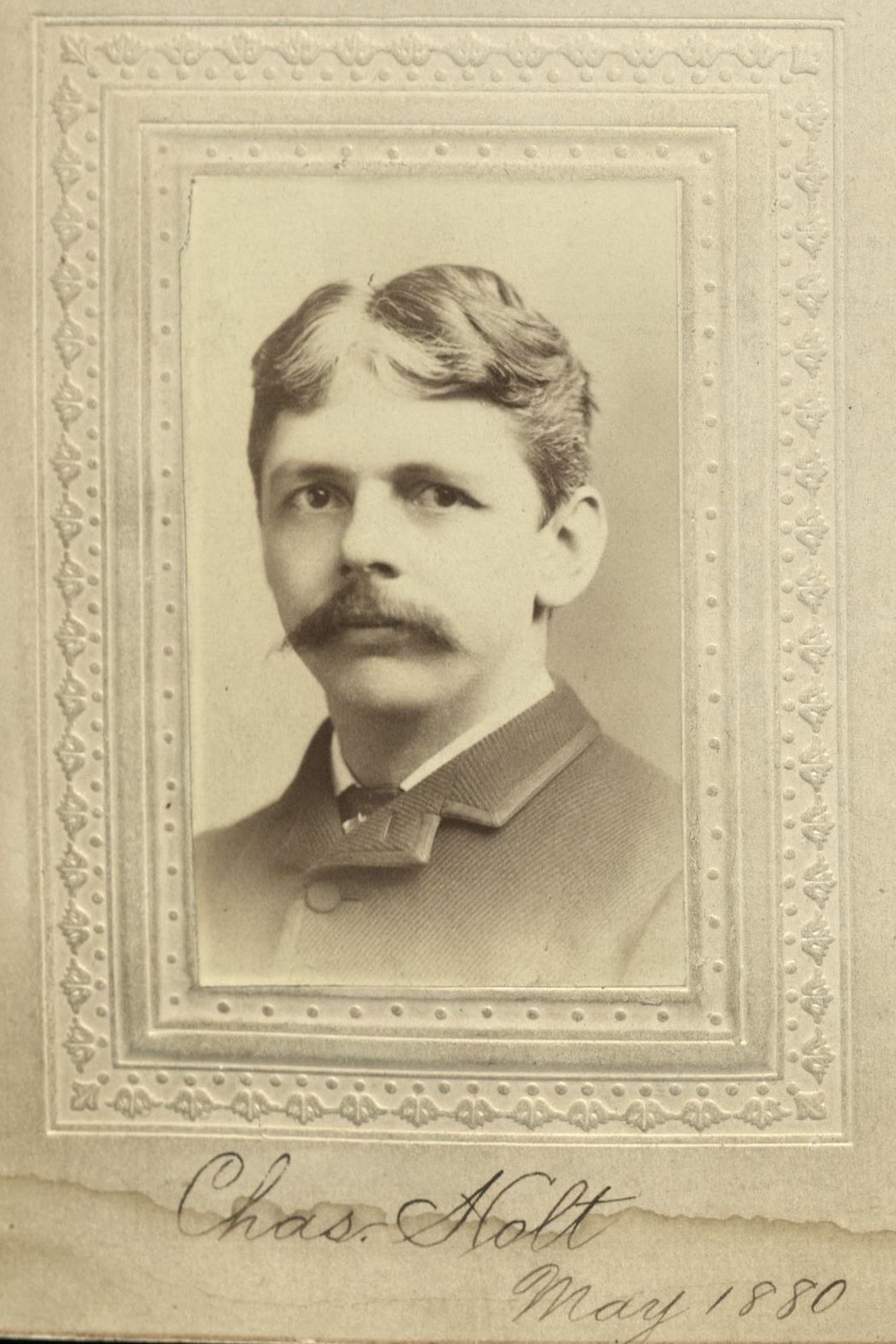 Charles HoltPublisherCenturion, 1880–1927
Charles HoltPublisherCenturion, 1880–1927 -
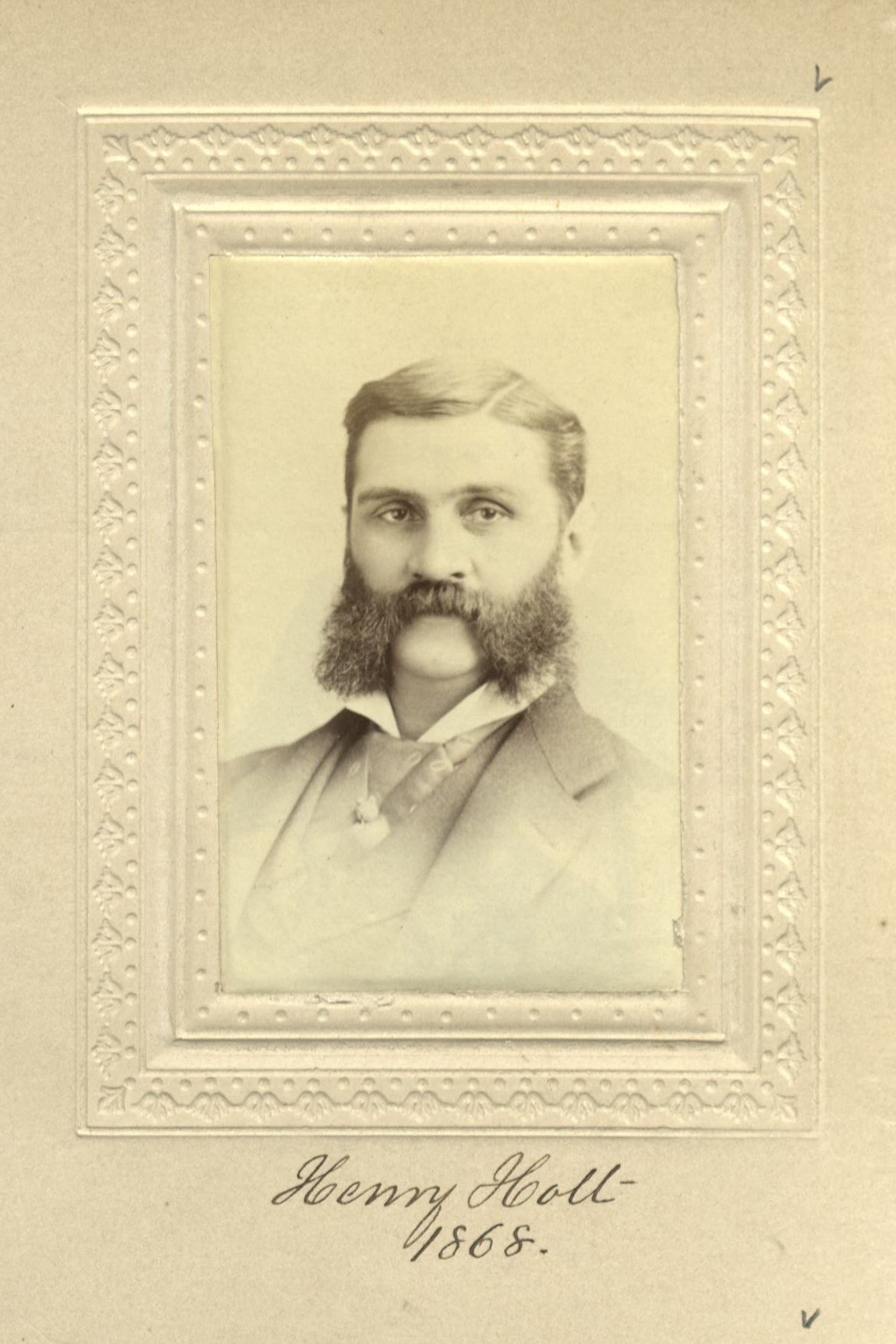 Henry HoltPublisher/AuthorCenturion, 1868–1926
Henry HoltPublisher/AuthorCenturion, 1868–1926 -
 Clarence KingGeologist/Surveyor/AuthorCenturion, 1874–1901
Clarence KingGeologist/Surveyor/AuthorCenturion, 1874–1901 -
 William G. SumnerProfessor of Politics, New Haven, Conn.Centurion, 1878–1910
William G. SumnerProfessor of Politics, New Haven, Conn.Centurion, 1878–1910 -
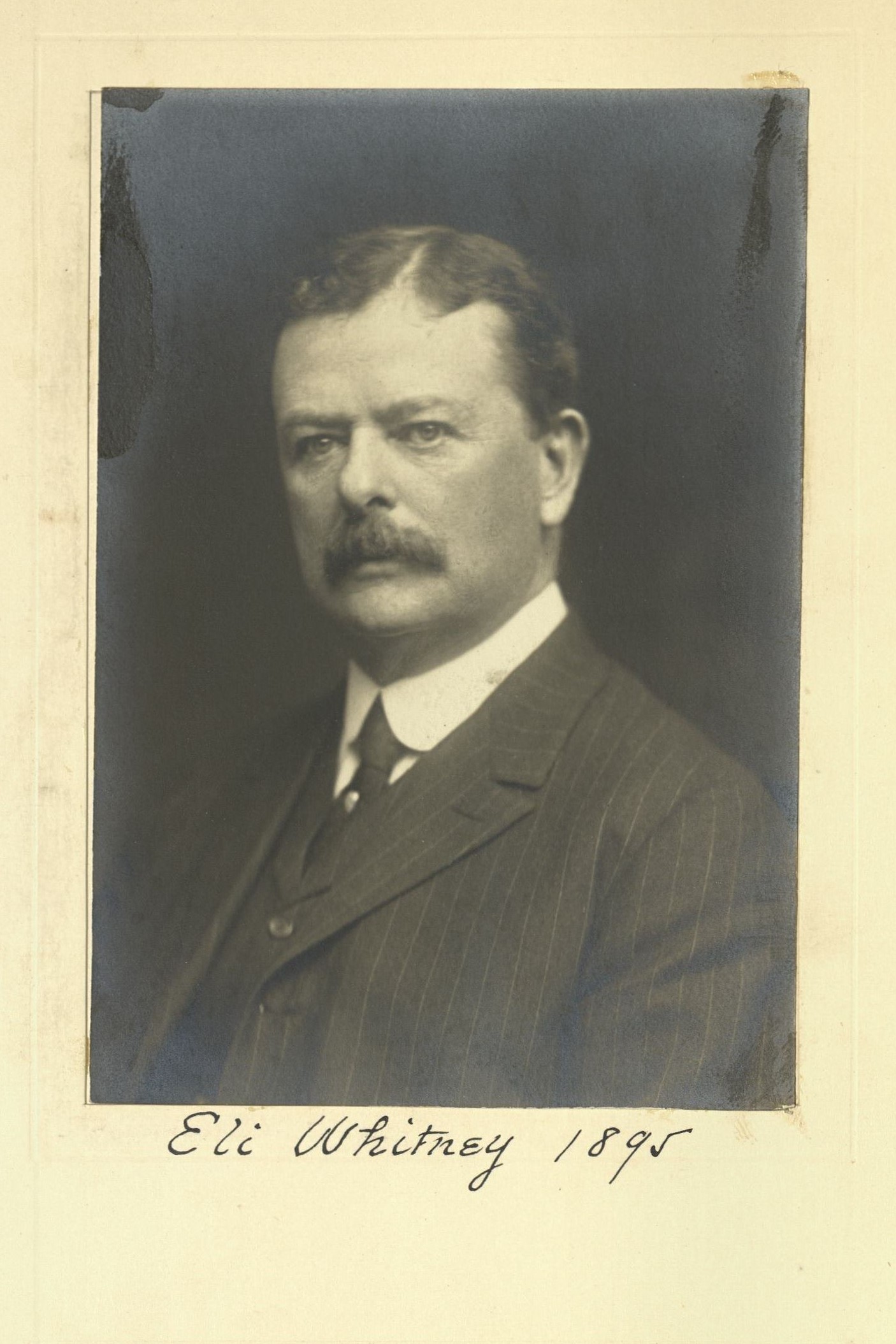 Eli WhitneyBank DirectorCenturion, 1895–1924
Eli WhitneyBank DirectorCenturion, 1895–1924





